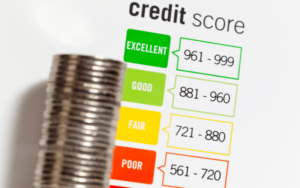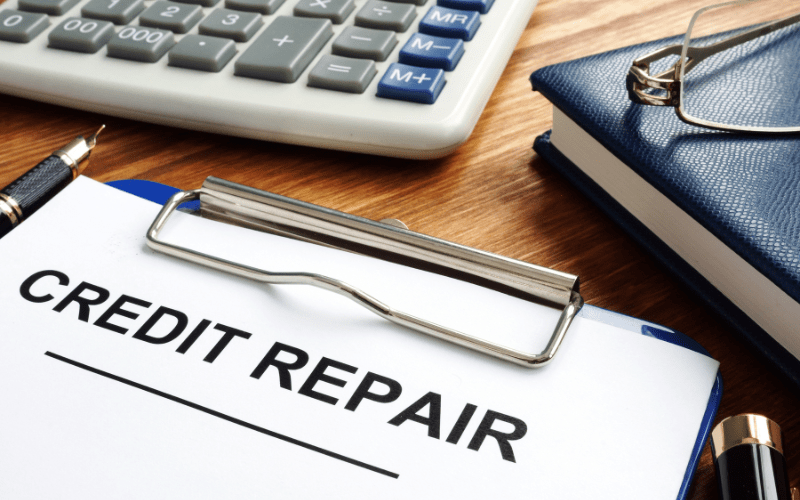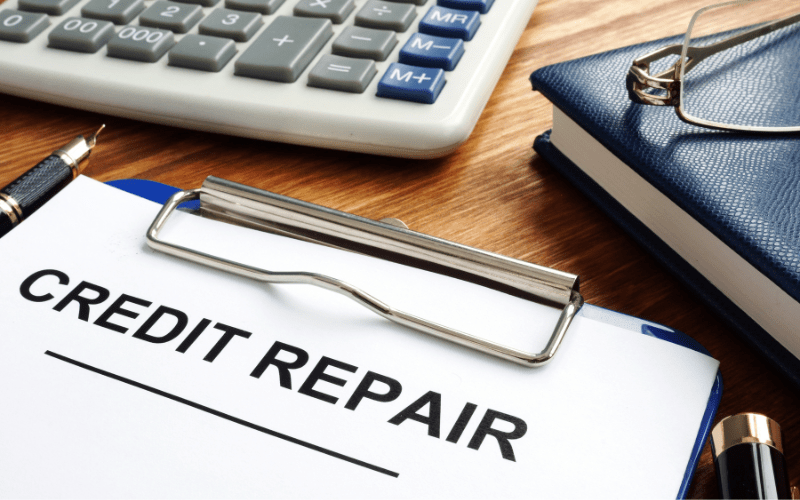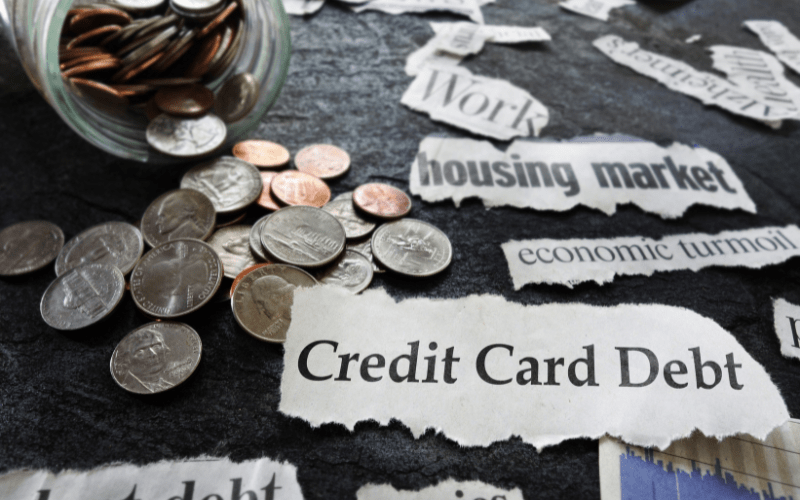When it comes to purchasing a home, your credit score plays a pivotal role. A strong credit score not only improves your chances of securing a mortgage but also significantly impacts your interest ra
0tes. For many prospective home buyers, understanding the importance of credit repair is essential to navigating the home-buying process effectively. In this blog post, we’ll explore how credit repair can benefit home buyers and provide actionable insights to improve credit scores.
Understanding Credit Scores
A credit score is a three-digit number that reflects your creditworthiness. Lenders use it to assess the risk of lending you money. Credit scores typically range from 300 to 850, with higher scores indicating better credit health. Here’s a brief breakdown of the ranges:
- 300-579: Poor credit
- 580-669: Fair credit
- 670-739: Good credit
- 740-799: Very good credit
- 800-850: Excellent credit
Each lender may have different thresholds for what they consider acceptable, but aiming for a score above 700 generally gives you better options.
Credit Score Calculator
The Impact of Credit on Home Buying
Your credit score directly affects your mortgage options. Lenders assess your score to determine your eligibility for a loan and the interest rates they can offer. A low credit score can lead to:
- Higher Interest Rates: Even a small difference in interest rates can add thousands to your overall loan cost.
- Loan Denials: Many lenders have minimum credit score requirements. If you fall below that threshold, your application may be rejected.
- Limited Loan Options: Borrowers with better credit scores often qualify for various mortgage products, including FHA loans, VA loans, and conventional loans.
Understanding these impacts underscores the importance of maintaining a healthy credit profile.
The Benefits of Credit Repair for Home Buyers
Engaging in credit repair before applying for a mortgage can lead to numerous advantages:
- Increased Chances of Mortgage Approval: Credit repair can help elevate your credit score, making you a more appealing candidate to lenders.
- Lower Interest Rates and Monthly Payments: A higher credit score translates to lower interest rates, which can lead to substantial savings over the life of the loan.
- Access to Better Loan Products: With improved credit, you may qualify for programs that offer lower down payments or better terms.
- Enhanced Negotiating Power: A good credit score provides you leverage when negotiating with sellers or lenders, allowing you to secure favorable terms.
Common Credit Issues Affecting Home Buyers
Several credit issues can hinder your chances of homeownership:
- Late Payments: Missing payments can drastically lower your score. Even a single late payment can remain on your report for up to seven years.
- Collections and Charge-Offs: Accounts sent to collections or marked as charge-offs negatively impact your credit.
- Errors on Credit Reports: Mistakes in your credit report can misrepresent your financial health. Regularly reviewing your report helps you identify and dispute inaccuracies.
- High Credit Utilization Ratios: Using a large percentage of your available credit can signal risk to lenders. Aim to keep your utilization below 30%.
By addressing these common issues through credit repair, you can strengthen your credit profile and improve your home-buying prospects.
Steps in the Credit Repair Process
Engaging in credit repair involves several key steps:
- Review Your Credit Reports: Obtain your credit reports from all three major bureaus: Experian, TransUnion, and Equifax. Look for any discrepancies or outdated information.
- Dispute Errors: If you find inaccuracies, file disputes with the credit bureaus. They are legally obligated to investigate and correct any errors.
- Develop a Credit Improvement Plan: Create a plan to tackle outstanding debts, pay bills on time, and manage credit utilization. This proactive approach can lead to a significant score boost.
- Utilize Credit Repair Services: If you find the process overwhelming, consider working with a reputable credit repair company like Credit Friendly Solutions. They can guide you through the process and help you achieve your credit goals.
How Long Does Credit Repair Take?
The timeline for credit repair varies depending on individual circumstances. Factors that influence this include:
- The number of errors to dispute: More discrepancies may lead to a longer resolution process.
- The complexity of your credit history: Individuals with multiple issues may require more time to see improvements.
- Proactivity in managing debts: The sooner you address outstanding debts, the faster you can boost your score.
Setting realistic expectations is crucial; credit repair is not an overnight process but a worthwhile investment in your financial future.
Real-Life Examples
Consider Jane, who had a credit score of 580. After engaging in credit repair, she disputed errors on her report and paid down credit card balances. Within a few months, her score improved to 720. This boost allowed her to secure a mortgage with a significantly lower interest rate, saving her thousands over the life of her loan.
Statistical data backs up these success stories. Studies show that individuals who invest in credit repair see average score improvements of 50-100 points within six months.
FAQs
- What is the minimum credit score needed to buy a home?
- While it varies by lender, most require a score of at least 620 for conventional loans.
- How can I check my credit score?
- You can check your score through free online services, your bank, or by purchasing a report from the credit bureaus.
- How often should I check my credit report?
- Review your report at least annually. You can obtain one free report per year from each major credit bureau.
- What should I do if my credit score is low?
- Start by reviewing your credit report for errors, paying down debts, and making timely payments.
- Can I still buy a home with bad credit?
- It’s possible, but you may face higher interest rates and fewer loan options. Improving your credit before applying is advisable.
Conclusion
Understanding the importance of credit repair for home buyers is essential in today’s competitive market. A strong credit score opens doors to better mortgage options, lower interest rates, and increased negotiating power. By taking proactive steps to improve your credit profile, you can position yourself as a strong candidate for homeownership.
At Credit Friendly Solutions, we specialize in helping individuals navigate the complexities of credit repair. Our team can provide you with tailored advice and support to help you achieve your home-buying dreams. Start your journey today—your future home awaits!
By prioritizing credit repair, you can unlock the path to homeownership. Contact Credit Friendly Solutions today to learn more about how we can assist you in this crucial journey!










